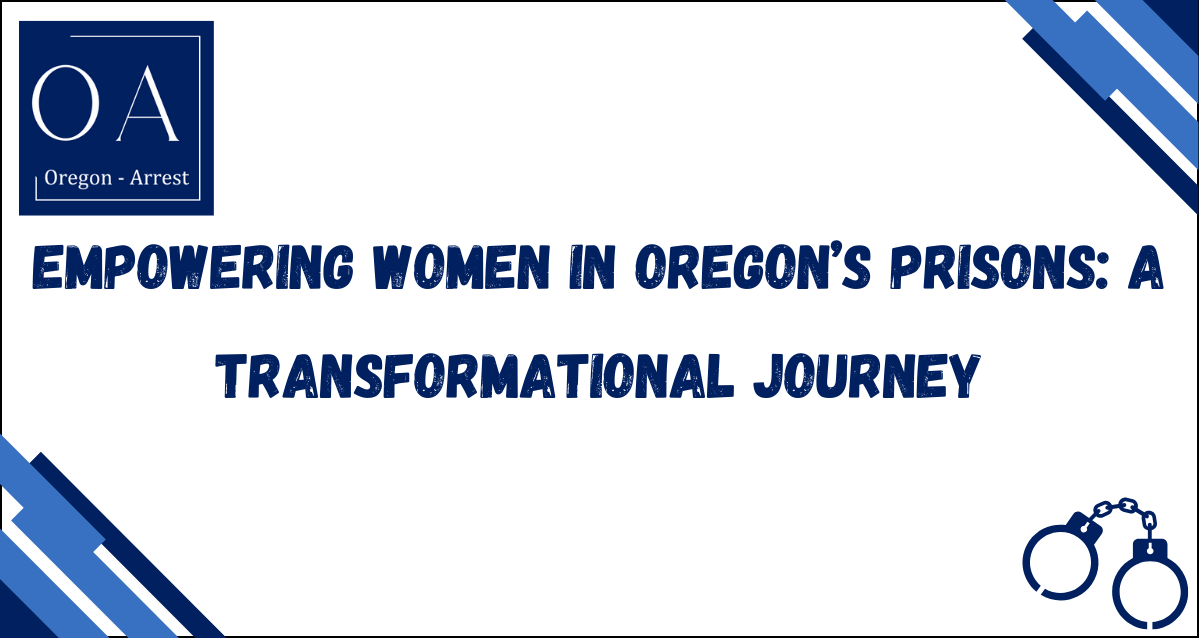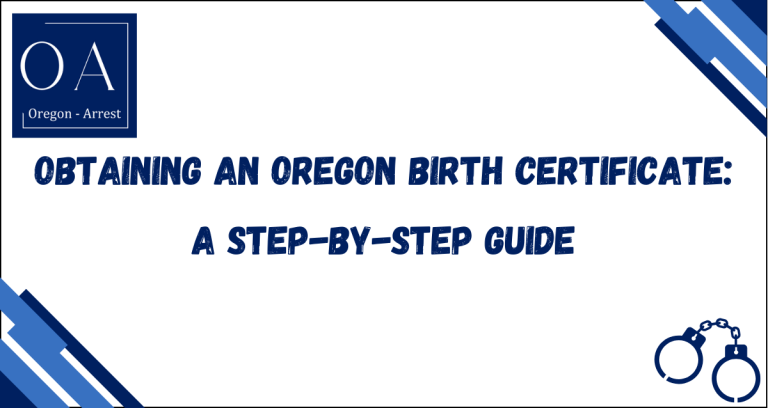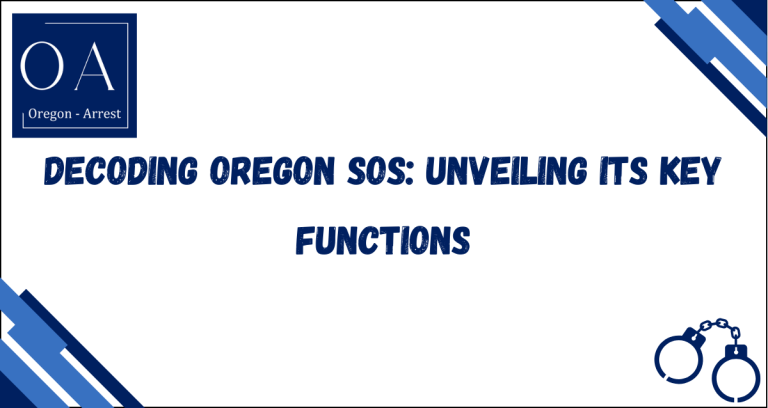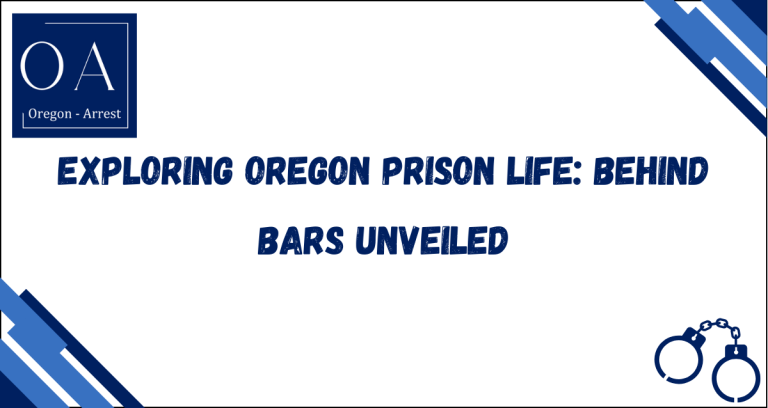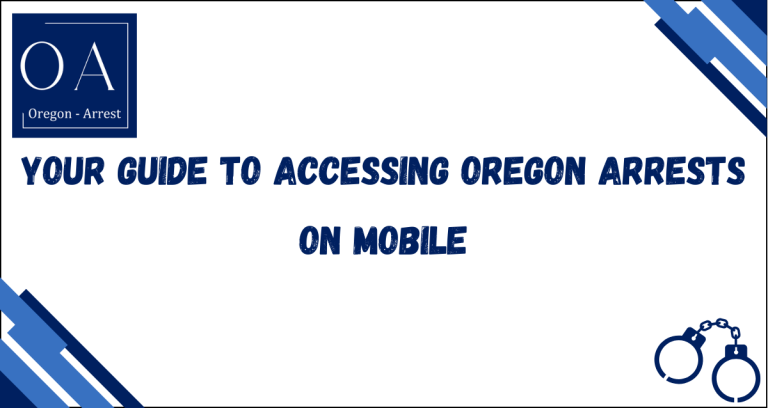Empowering Women in Oregon’s Prisons: A Transformational Journey
Empowerment is a critical endeavor within correctional facilities, particularly for incarcerated women. In Oregon, the effort to empower women in Oregon prisons is gaining momentum as a crucial aspect of rehabilitation and justice reform. This journey towards empowerment goes beyond physical confinement, encompassing personal growth, skill development, and emotional well-being.
Challenges Faced by Incarcerated Women
Incarcerated women encounter a range of gender-specific challenges that can impede their growth and rehabilitation. From limited access to education and vocational training to the complexities of mental health and past trauma, addressing these issues is imperative.
Gender-specific issues within the prison environment are often overlooked. Inadequate access to feminine hygiene products and the prevalence of gender-based violence can create a hostile atmosphere for women. Moreover, tailored healthcare services that address women’s unique needs are often lacking, resulting in unmet medical requirements.
Empowerment Programs: Nurturing Growth
Empowerment programs are at the forefront of initiatives designed to uplift incarcerated women in Oregon. Recognizing education as a catalyst for change, correctional facilities offer various educational initiatives. From GED programs to college-level courses, these opportunities not only enhance knowledge but also cultivate skills necessary for personal development and future prospects.
Vocational training stands as a pivotal pillar of empowerment. By providing women with practical skills such as job training and certification programs, these initiatives enhance their employability upon release. Additionally, psychological and emotional support through counseling and therapy play a crucial role in addressing past traumas, building resilience, and fostering emotional well-being.
Reintegration and Beyond
Empowerment efforts extend beyond the confines of prison, emphasizing the importance of post-release success. Building self-confidence and self-esteem is paramount in ensuring that women emerge from incarceration with a positive self-image. Support networks, both within and outside prison walls, offer guidance, mentorship, and a sense of belonging during the challenging reintegration phase.
Advocacy for policy changes is another crucial aspect of empowerment. Incorporating the perspectives and needs of incarcerated women in policy reform discussions can lead to a more equitable correctional system. Empowered voices contribute to a system that not only seeks to rehabilitate but also recognizes the worth and potential of every individual.
FAQ’s
Explore our comprehensive Frequently Asked Questions (FAQ) section to find answers to common queries about OR Arrests.
How do empowerment programs benefit incarcerated women in Oregon?
Empowerment programs play a pivotal role in transforming the lives of incarcerated women in Oregon. By providing education, vocational training, and psychological support, these programs equip women with the skills, confidence, and resilience needed for successful reintegration into society.
Are there specialized programs for marginalized incarcerated women?
Absolutely, Oregon’s correctional facilities are committed to addressing the unique challenges faced by marginalized women, including those from minority backgrounds and LGBTQ+ communities. Tailored initiatives aim to create an inclusive and supportive environment that recognizes and addresses diverse needs.
What role does community involvement play in empowering incarcerated women?
Community involvement is instrumental in the empowerment process. Collaborations with local organizations, volunteers, and mentors offer incarcerated women additional resources, guidance, and a sense of connection. This external support significantly contributes to emotional well-being and the overall success of their transition back into society.

